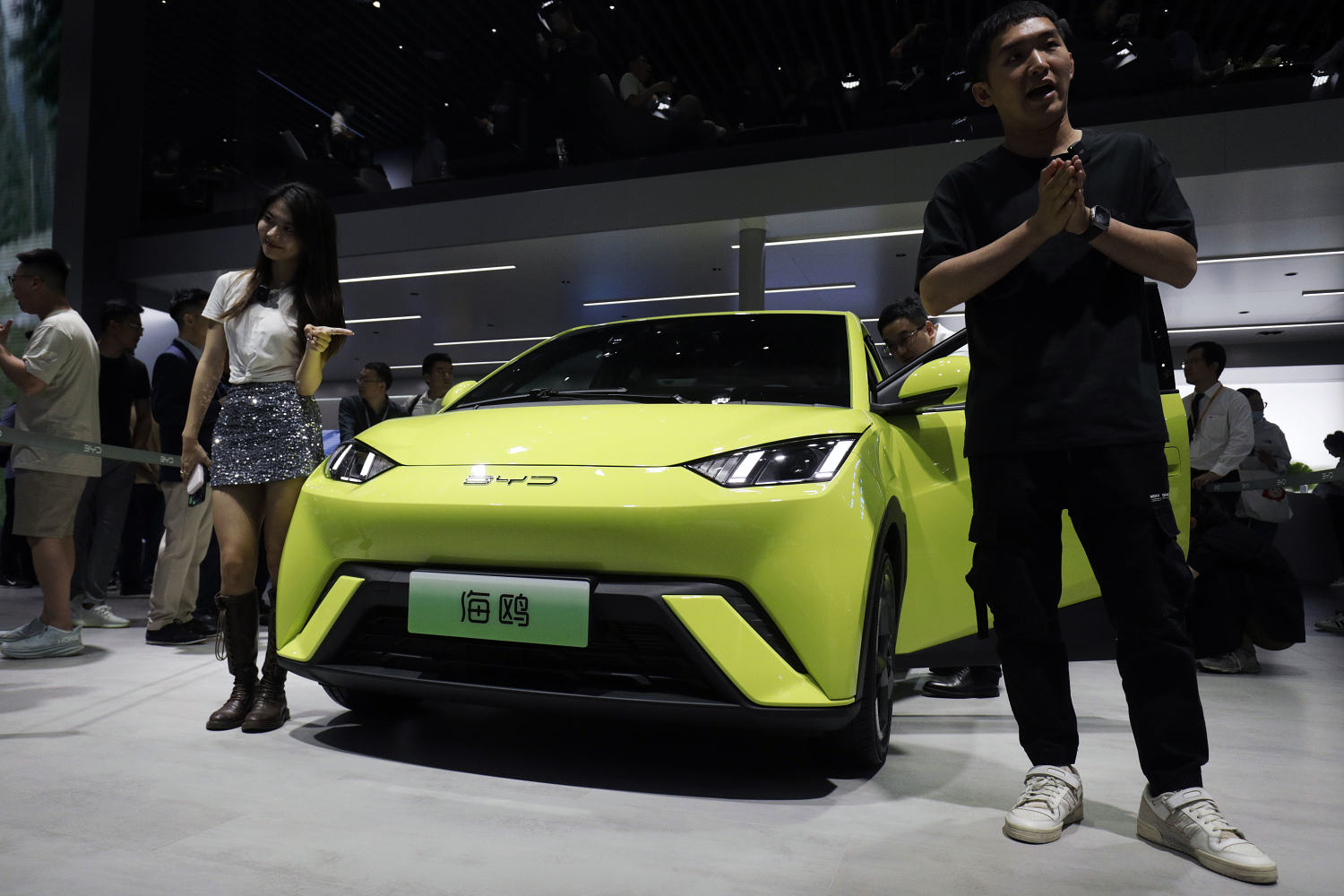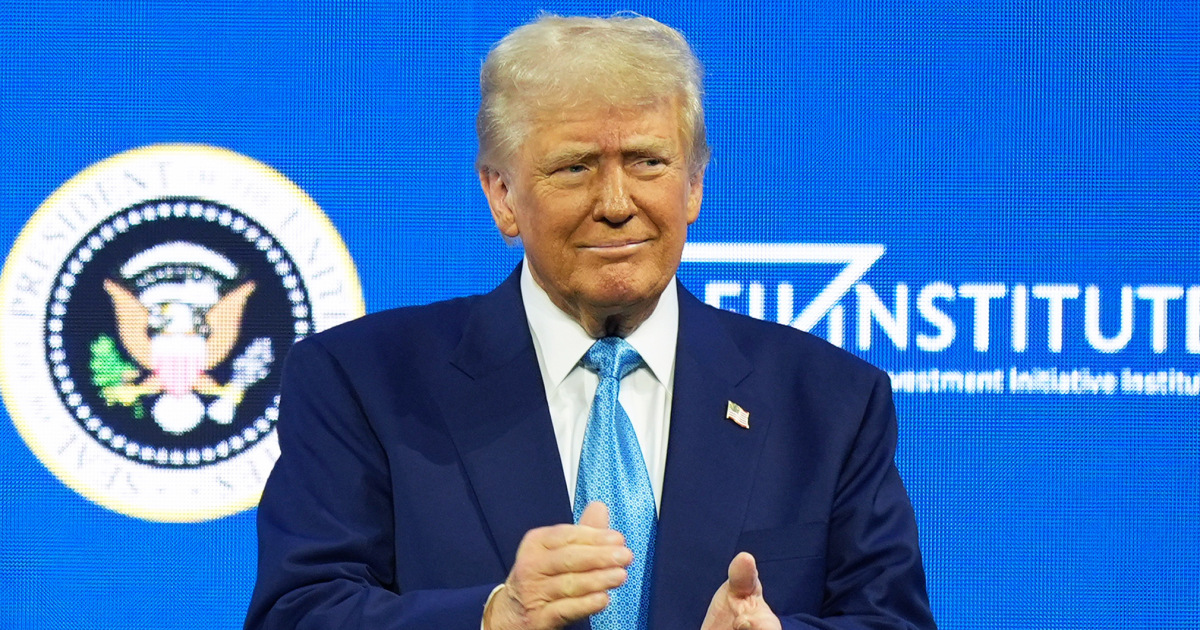
At a used car market in Beijing, salesman Ma Hui said he fears China’s electric vehicle industry is in a race to the bottom.
EV makers, led by the country’s market leader, BYD, have been engaged in a bruising price war, depressing profits for the brands, as well as sellers such as Ma.
“All of us were losing money last year,” Ma said about his fellow used car sellers in the market. “There are too many companies making too many new energy cars.”
China’s trading partners have often accused the country of flooding the global market with cheap Chinese EVs. These days, similar accusations are flying within China, raising concerns about financial stress in the industry.
The official Communist Party paper, the People’s Daily, for example, published a commentary on Monday, titled “The ‘Price War’ in the Automotive Industry Leads Nowhere and Has No Future.”
“Disorderly ‘price wars’ squeeze profits across the chain, impacting the entire ecosystem and risking income declines for workers,” the paper warned. “Long-term, this ‘race to the bottom’ competition is unsustainable.”
BYD is drawing the most fire after it announced price cuts in late May for many of its models. Some of the discounts are as steep as 34%. Its cheapest car, the Seagull mini hatchback, now costs only about $7,700, down from about $10,000.
The intense price war has led high-profile auto executives to sound the alarm — with the head of Great Wall Motor calling the industry “unhealthy.”
In an interview with Chinese news outlet Sina Finance on May 23, Great Wall Motor Chairman Wei Jianjun drew parallels to China’s moribund property sector and its now defunct poster child, developer Evergrande.
“An ‘Evergrande-like’ crisis already exists in the automotive industry,” he said. “It just hasn’t erupted yet.”
A government-backed industry group has also called on companies not to “dump” vehicles below the cost of production. In a statement, the China Association of Automobile Manufacturers took a veiled swipe at BYD.
“A certain automaker has taken the lead in launching significant price cuts and many companies have followed suit, triggering a new round of ‘price war’ panic,” the group said.
BYD dismissed Wei’s comment as alarmist and said it believes in fair competition in response to CAAM’s criticism.
In a sign of further strain, sellers at the Beijing used car market told CNBC about a phenomenon known as “zero mileage used cars,” which is meant to help auto manufacturers and dealers inflate sales volumes. This happens when cars are registered and plated and then marked as sold, but haven’t ever been driven.
Ma said he is worried about where the fierce competition leads. He told CNBC he sees the impact of the intense competition on consumers who are already shy about spending in the down economy.
“With the price dropping like this, a lot of buyers might wait,” he said.








